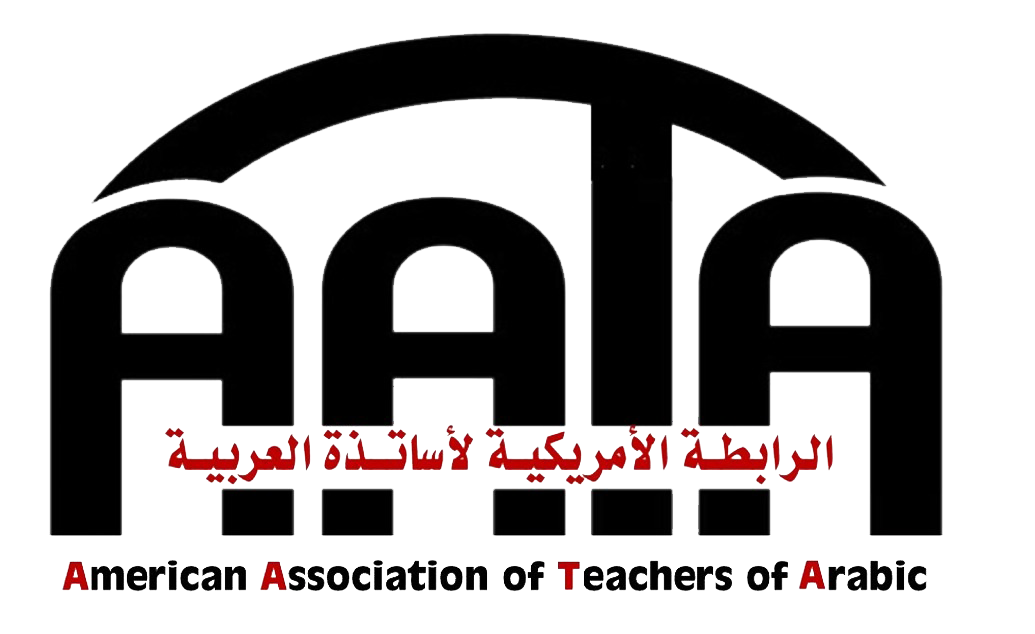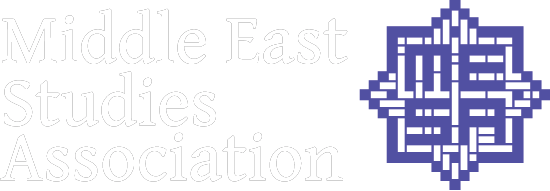The Third Biannual U-M International Conference on Arabic Applied Linguistics
September 5-6, 2020
The conference is an open forum for scholars interested in exploring empirically topics and issues in Arabic applied linguistics. The topics of the conference cover three mains strands:
I. Topics which deal with Arabic second language acquisition (SLA). Current approaches for investigating the different aspects (phonology, vocabulary, morphology, syntax, morphosyntax, semantics, pragmatics, etc.) of Arabic SLA include but not limited to:
- Formal (generative, functional, typological)
- Cognitive (processability, attention, noticing and awareness)
- Input-based (input processing; input, interaction and output)
- Frequency and usage-based
- Corpus-based
- L1 transfer
- L2 transfer
- Sociocultural
- Sociocognitive
- Language socialization
- Neurolinguistic
- Discourse, Conversation analysis
- Code-switching
- Diglossia
- Ideology
- Identity
- Heritage
II. Topics which deal with the theory and practice of Arabic second/foreign language teaching, second language learning, second language proficiency testing and assessment as well as the interface and connections between them include but not limited to:
- Application of classroom approaches or specific techniques to develop language skills and components (speaking, listening, reading, writing, culture, vocabulary, grammar, pronunciation, accuracy, fluency, etc.)
- Assessment of individual differences and external variables (aptitude, anxiety, attitude, distance, motivation, learner’s perception, etc.)
- L2 maintenance and attrition
- Learning strategies
- Local versus study-abroad environment
- Curriculum design and assessment
- Foreign language learning assessment
- Proficiency testing (speaking, listening, reading, and writing)
- Second language acquisition-second language pedagogy interface
- Second language acquisition-testing interface
- Teacher cognition
- Teacher education
- Technology-mediated learning and teaching
III. Topics which deal with applied research related to Arabic as an L1, including:
- Arabic first language acquisition (investigating the different aspects including phonology, morphology, syntax, morphosyntax, semantics, pragmatics, etc.)
- Arabic L1 Literacy (including child and adult), reading, and writing
- Analysis of interaction and communication including discourse, conversation, signs, and gestures
- Bilingualism and multilingualism
- code-switching
- Corpus linguistics
- Forensic linguistics
- Language and culture, and socialization
- Language and identity
- Language and ideology
- Language and technology
- Language cognition and processing
- Language impairment and language pathology
- Language maintenance and attrition
- Language policy and language planning
- Neurolinguistic research
Location
University of Michigan, Ann Arbor
Languages of the conference
English and Arabic
Abstract submission
To present a paper, an abstract is required: https://sites.lsa.umich.edu/arabic-sla-conference/submissions
Deadline for Receipt of Abstracts
March 1, 2020
Notification of abstract acceptance
March 25, 2020
Publication
Following the conference, papers which are recommended by external peer reviewers will be published in Al-‘Arabiyya: http://www.aataweb.org/alarabiyya
Confirmed Speakers
- Karin Ryding
- Daniel Reed
- Sami Boudelaa
Conference Advisory Committee
- AbdulkafiAlbirini
- Sami Boudelaa
- BrahimChakrani
- DrisSoulaimani
- Mohammad Alhawary
Registration: Registration is free. https://sites.lsa.umich.edu/arabic-sla-conference/registration
Conference website: https://sites.lsa.umich.edu/arabic-sla-conference/call-for-papers

